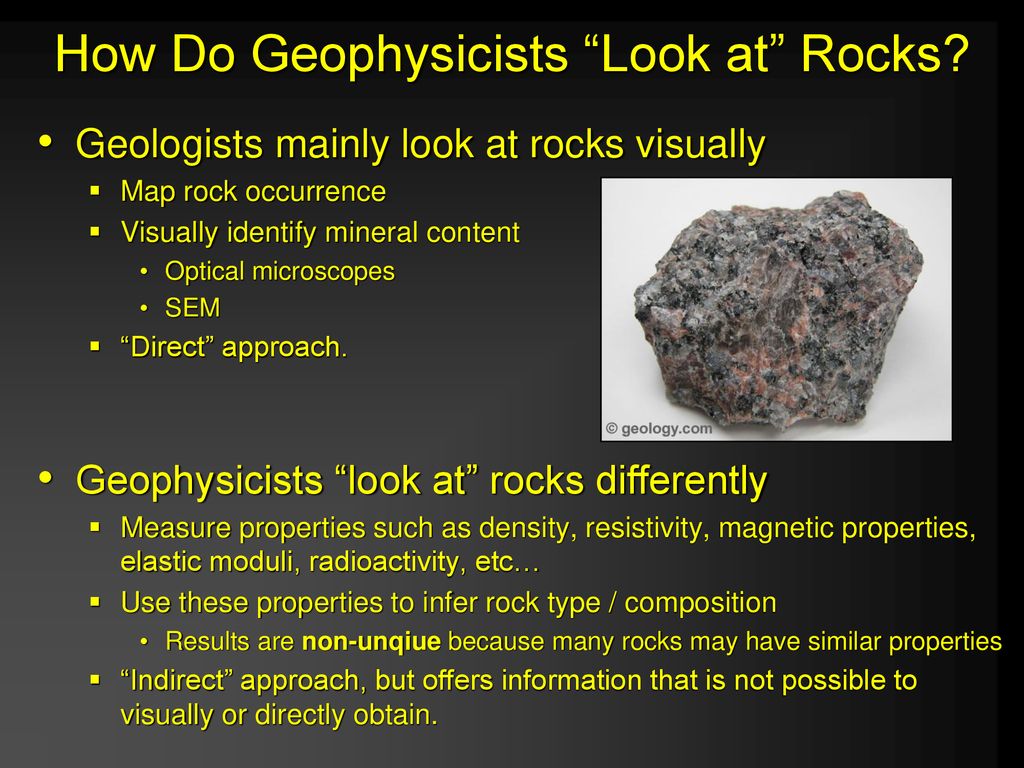All Categories
Featured
Table of Contents
Geophysicist in Ellenbrook Oz 2021
This work is progressively contracted out, so consultancies supply another source of work. Consultancy firms differ in size, from really little business to big multinationals. Some consultancies are quite specialised in utilizing specific geophysical techniques or operating in specific locations, while others use a more diverse variety of services to their consumers.
The extraction of gas from garbage dump sites is another location of work and this might grow in the future. Expedition companies might undertake work for construction firms, water business, mining business and environmental firms, so geophysicists might be employed in any of these settings. Other employers consist of: geological surveysgovernment bodies and agenciesuniversities and research study institutes.


Vacancies may be noted in the oil and gas sector press. Recruitment is affected by oil cost fluctuations and the level of competitors for positions varies depending on this. Careers Days, which cover the full range of geoscience professions and are normally attended by a number of crucial market companies, are run by The Geological Society.
What Is The Difference Between Geophysical Method And ... in Attadale Oz 2020
Some of the large oil and gas business offer a full two-year structured training programme across the breadth of geophysics, including the opportunity to experience work in different groups prior to specialising in one area. Your training may include deal with: existing wellsmagnetic and gravitational potential field data analysisresearchrock analysis. Nevertheless, it's more usual for your initial training to be supplied on the task.

There might be a probationary period during which you work together with an experienced coworker. Competency-based appraisals occur regularly in many companies. In smaller sized firms, and for academic posts, there is not likely to be any formal training - you'll be anticipated to begin work straightaway and get skills as you go along.
If you work for a smaller company, you may find that you require to take responsibility for arranging and moneying your own advancement and training. If you have a geology degree, membership of The Geological Society can be useful for networking and for maintaining to date with the industry.
Geophysicists: Salary, Career Path, Job Outlook, Education ... in Burswood WA 2020
You may also find it helpful to sign up with the PESGB (The Petroleum Expedition Society of Great Britain, which has a geophysics unique interest group. After a probationary duration, and once you have actually acquired some experience, you could progress to senior geophysicist, then team leader and then into a senior role in management.
The ease of movement in between functions depends upon the company structure. Study at Masters or Ph, D level in a subject related to geophysics or geosciences may help with your profession advancement and development. The employment market within the oil and gas market is really based on cost and this might impact your opportunities for career development.
For experienced geophysicists, freelance consultancy provides an excellent path for career development. As a geophysicist, you're most likely to have a number of jobs throughout your working life.
How To Become A Geophysicist in Heathridge WA 2023
From geophysics, it's possible to concentrate on seismology (finishing additional training to end up being a seismic interpreter) or to move into related locations such as engineering geology or danger prediction.
Choosing what to study in college is a tough choice. Even if you understand that your field of interest lies in science, what program of study is right for you? If you make the decision to significant in physical and life sciences and pursue a career as a geophysicist, you're preparing for an interesting and successful profession.
The first step to achieving your goal of ending up being a geophysicist is making a degree. Even for entry-level positions in the field of geoscience, you'll require a bachelor's degree (a geophysicist college degree) from a certified college or university. Geophysicists need to be able to: analyze rocks, pictures, and other pieces of information carry out research both in the field and in laboratories develop maps and charts of their findings compose reports To accomplish all this, trainees need a specialized education for geophysicist careers.
As stated above, you'll need a bachelor's degree in geoscience or an associated discipline, such as a physical science or a life sciences, to land an entry-level job. Trainees can also prepare by majoring in topics like: Biology Chemistry Computer system science Engineering Mathematics Physics The above geophysicist majors offer a more generalized technique to a single clinical discipline, however many programs require students to take one or more geology course.
Latest Posts
Geophysical Survey Methods in Western Australia 2021
Geophysicist Salary in Wembley Downs Aus 2021
Bsc Geophysics in Safety Bay WA 2023